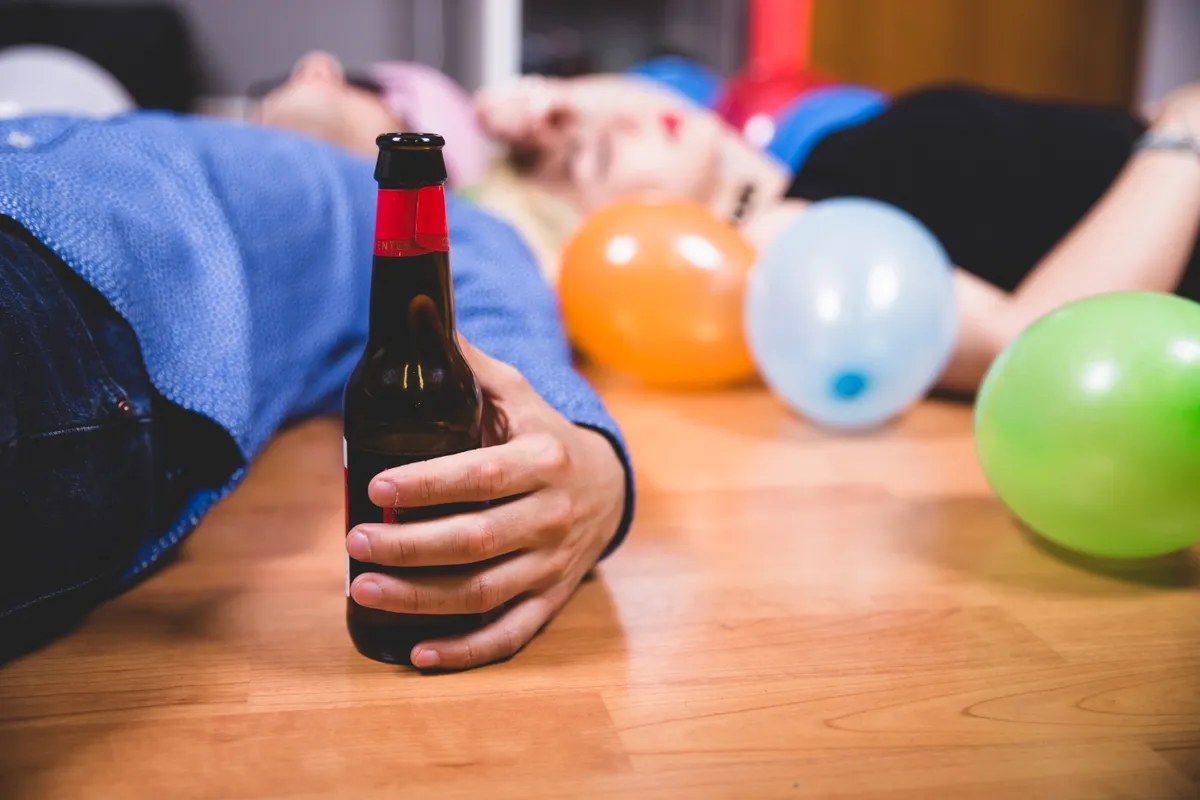
Herein lies the contradiction of Western culture. The work week typically involves discipline, focus, and routine, which often includes practicing healthy habits such as physical activity. For many people, the weekend is dedicated to feeling out of control. It’s as if for these people, Fridays (you’ve probably already read or said “Friday”, right?), Saturdays, and even Sundays act as extreme escape valves to compensate for all the stress and anxiety accumulated during the working week. This quest for relief from daily pressures can be dangerous. When you go out, one drink quickly turns into three, four, six, or even more glasses.
Many people go drinking on the weekends to feel good and have fun, which is directly linked to drunkenness. Not surprisingly, this helps create a culture of heavy drinking on weekends. There is even a term called “heating” (pre-drinking in English), which refers to drinking a large amount of alcohol in a short period of time and arriving at the meeting point tipsy.
And therein lies the danger. There is strong evidence that the biggest influence, rather than how often you drink alcohol, is the amount you drink over short periods of time (especially on Christmas Eve, carnivals, parties, etc.), a behavior known as binge drinking or episodic binge drinking.
There is already enough evidence that alcohol poses health risks in any quantity. However, when consumed in large quantities on concentrated occasions, the effects become more significant and severe. Moderate drinkers who experience heavy weekend drinking patterns are almost five times more likely to experience alcohol-related problems, according to research published in 2022.
One reason for this is that the liver is like a processing unit. The liver can only metabolize a certain amount of alcohol per hour. Imagine putting more food into your device than it can hold. Appliances can’t handle everything. The same thing happens in the liver. When a person is unable to metabolize large amounts of alcohol, the amount of alcohol in the blood increases rapidly. The effects are even more severe when the alcohol-filled blood reaches every organ of the body.
It’s not just the body that suffers. Even if limited to two days, heavy consumption of alcoholic beverages is considered risky, increasing the likelihood of accidents and fights, as well as potentially leading to addiction.
And here it is worth emphasizing this important warning. According to the Global Burden of Disease data published by CISA (Center for Health and Alcohol Information), patterns of alcohol consumption may be more decisive than the total amount of alcohol consumed when it comes to harming people. FYI, Brazilians, especially young people, tend to drink heavily. This explains why Brazil’s incidence of alcohol-related problems is comparable to countries like France, which have higher per capita consumption.
There is actually a hidden trap in the paradox of “work hard and play hard.” If you try to turn off stress by drinking alcohol, you will be at risk of addiction and organic complications. The most important lesson science teaches us is that you can’t bargain with your body. When it comes to alcohol, it is important not only the frequency, but also primarily the amount concentrated in a few hours. What I always keep in mind is that alcohol is not a cure for the discomforts of life and the routine of a busy week.



